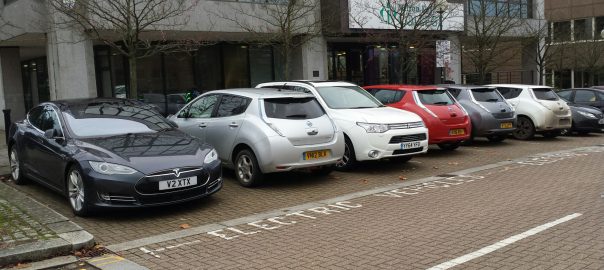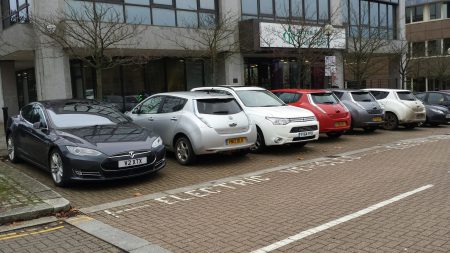Since the first modern electric vehicles (EV) took to the roads in the 2000s, critics have been quick to question the ‘clean’ label attached to them
From manufacturing concerns to battery power sources as well as overall autonomy, EVs have been under scrutiny from sceptics. With the amount of debate and misinformation troubling the waters, the facts behind the efficiency of electric vehicles have become somewhat clouded – so just how clean are these vehicles?
Battery Production
An argument that is routinely put forward to contrast the clean image of electric cars is the pollution behind the manufacturing process of their batteries. There is indeed a range of rare earth metals that make up the composition of the battery, and their extraction and manipulation can contribute to carbon emissions. However, as a 2018 International Council on Clean Transportation (ICTT) report illustrates, the country in which the batteries are being produced as well as the battery composition has a much higher level of impact on emissions.
A comparative study between EVs and internal combustion engine vehicle (ICEV) in China corroborates the ICTT report, indicating that infrastructure and efficient manufacturing techniques are the keys to reducing emissions during production. Chinese EV battery manufacturers produce up to 60% more CO2 during fabrication than ICEV engine production, but could cut their emissions by up to 66% if they adopted American or European manufacturing techniques. As such, the pollution created through the extraction process and production of batteries remains on par or slightly higher than the manufacturing process of petrol or diesel-based engines.
Read more: Forbes

